
Home
Publications
Publications
Showing 0 to 0 of 0 results
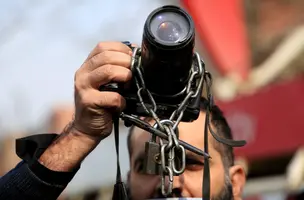
Statements
2025-04-14T09:19:19
APHR Demands Immediate Dropping of Lèse-Majesté Charges Against Academic Paul Chambers, Calls for an End to Thailand’s Assault on Freedom of Expression

Statements
2025-03-26T13:58:47
Southeast Asian MPs Demand Legal Protection for Journalists After Terror Attack on Tempo Office, Indonesia
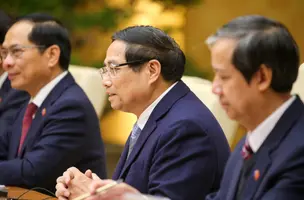
Statements
2025-02-27T12:33:00
Southeast Asian MPs Call on Vietnam to Immediately Release Jailed Journalist Truong Huy San and End Its Assault on Free Expression
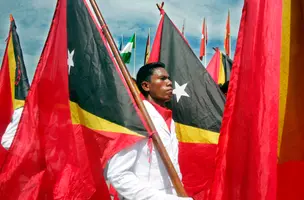
Reports
2024-03-28T15:29:12
Fact-Finding Mission: Assessing The State of Internet Freedom to Ensure More Inclusive Democracy
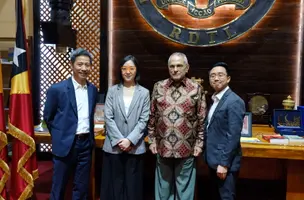
Statements
2023-10-03T15:02:50
Timor-Leste must stay true to democratic, human rights underpinnings when expanding digital rights framework, Southeast Asian MPs say

Statements
2022-09-05T01:46:51
A 10-point plan to address our information crisis
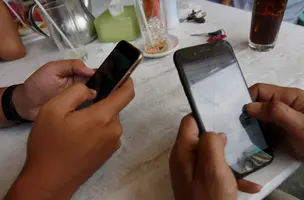
Statements
2022-05-16T03:03:29
Joint Statement: Cambodia should scrap rights-abusing National Internet Gateway

Statements
2022-03-09T09:17:24
Philippines: Immediately repeal SIM Card Registration Act that undermines online freedoms
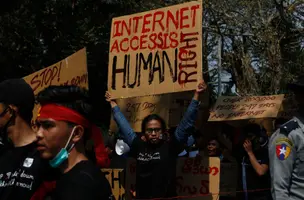
Tools for MPs
2022-03-02T10:38:54
Toolkit – Promoting Internet Freedoms in Southeast Asia
TOP
ASEAN Parliamentarians for Human Rights (APHR) was founded in June 2013 with the objective of promoting democracy and human rights across Southeast Asia. Our founding members include many of the region's most progressive Members of Parliament (MPs), with a proven track record of human rights advocacy work.
Copyright © 2024-2025 All Rights Reserved - ASEAN Parliamentarians for Human Rights (APHR)
Website by Bordermedia